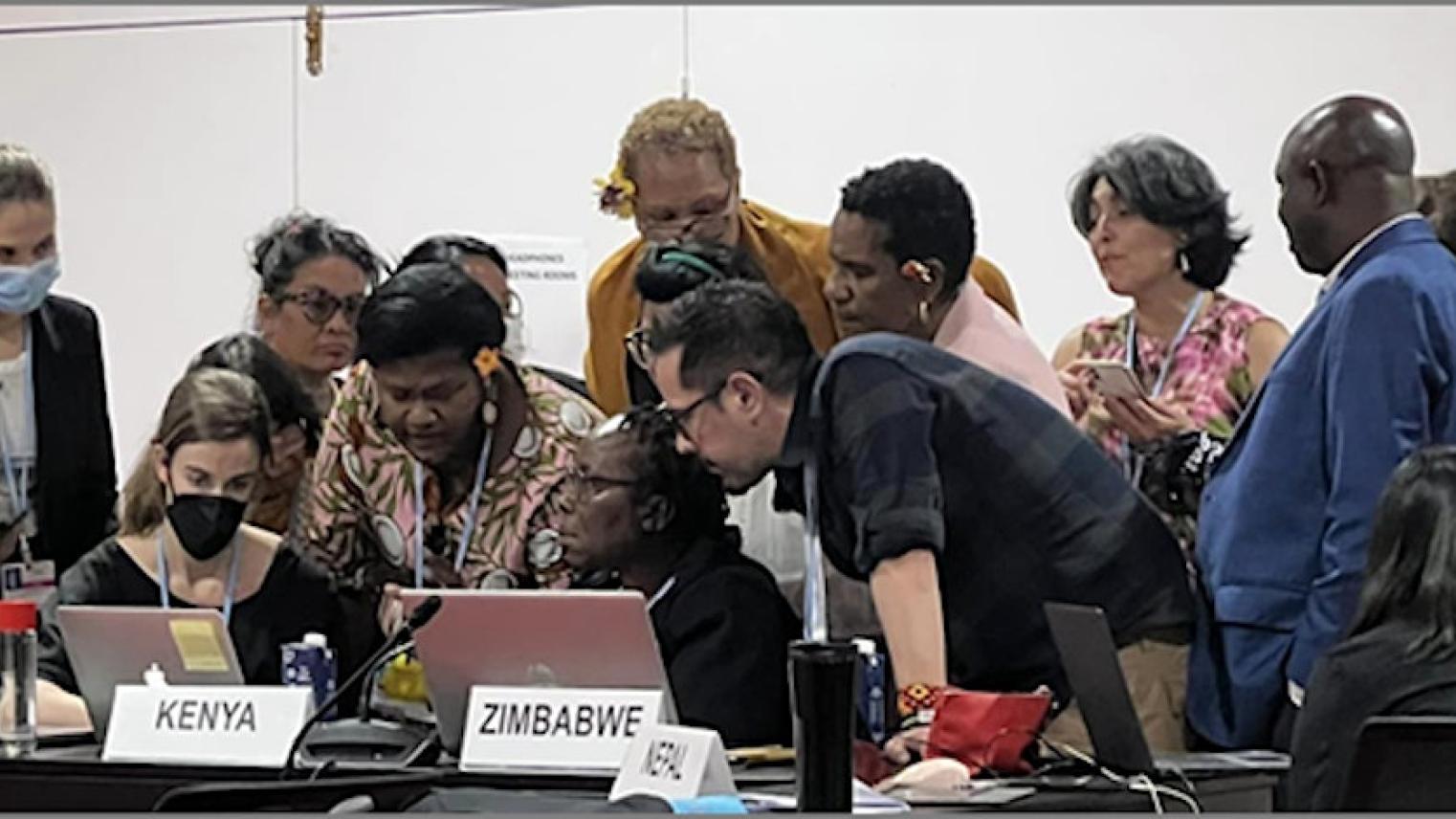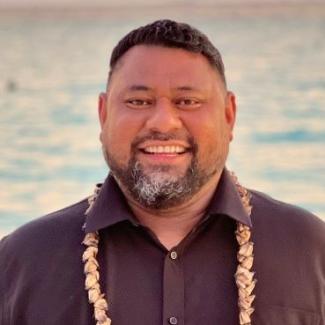Pacific states and peoples inside global climate change negotiations (UNFCCC COP): from consensus, coherence to ‘climate updated’
For more than 35 years Pacific islands’ states and peoples have led and shaped the global agenda in global climate change negotiations. This seminar will detail the multi-year research that traces, follows and works with Pacific states and peoples inside the UN Framework Convention on Climate Change (UNFCCC) annual Conference of the Parties. In utilising Global Talanoa (global political ethnography and talanoa) the research gives access inside the negotiations where the project has studied and provided research brokerage for leaders, state delegates and civil society in the negotiations over the years. Situated at the intersection and interplay of international politics and climate change, it follows the work of Pacific states from the Paris COP21 in 2015, to the recent Sharm El Sheik COP27 in 2022 – how they have held space in shaping and influencing the negotiations agenda. The ‘Pacific society’ of officials, diplomats, civil society, activists and leaders have not only help build, but also reach consensus on climate action. Moreover, the research explores the coherence of various regional mechanisms, political processes and coalitions Pacific states have established over the years to manage the negotiations. Through research brokerage and ‘climate updated’ the presentation provides insights to the future of negotiations – and the case for the Australia and Pacific Islands climate change COP.
NOTE: this is a hybrid seminar. For online attendance please sign up to receive the Zoom link.
The recording of the seminar is available below:

